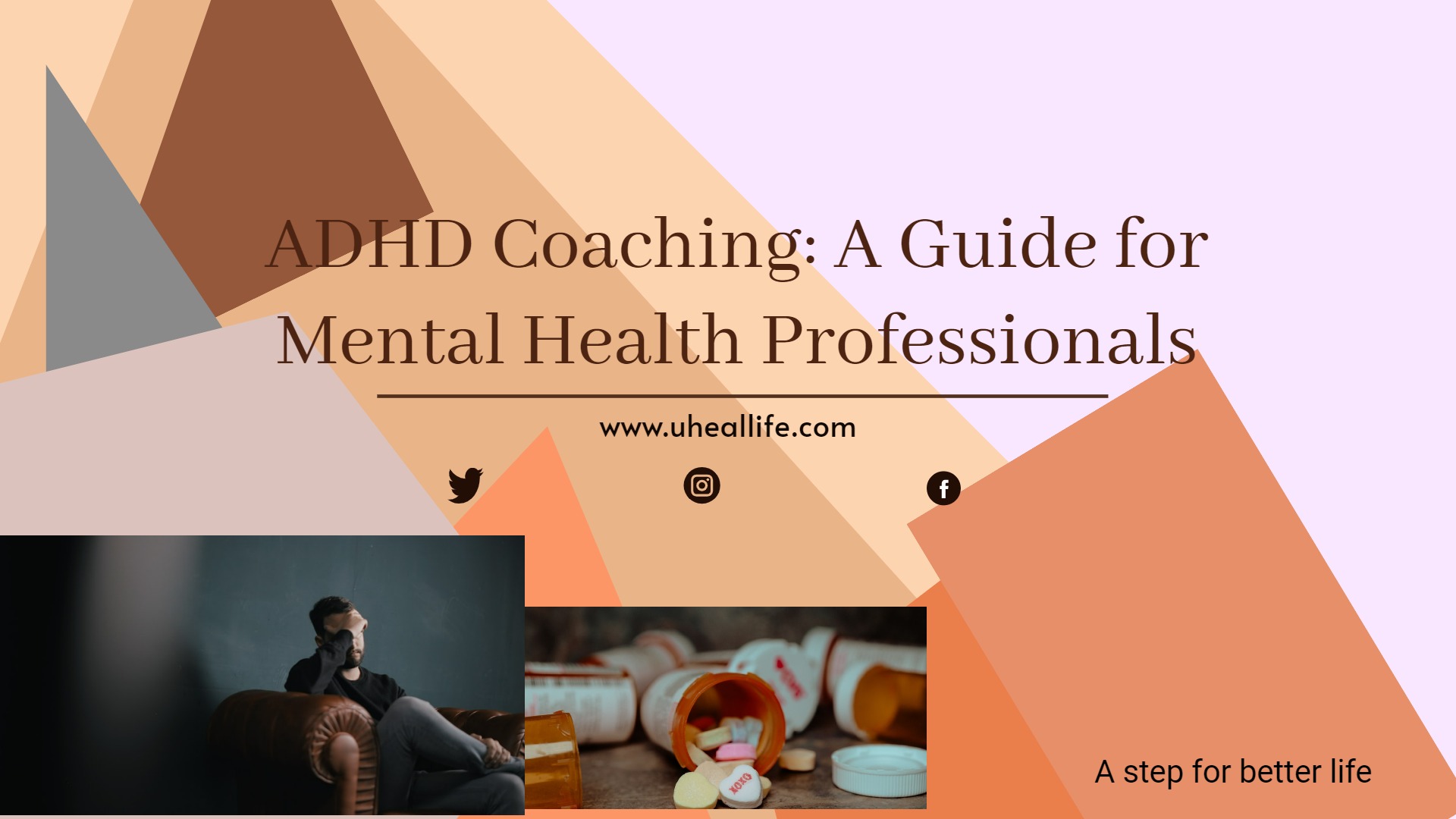ADHD Coaching A Guide for Mental Health Professionals
Attention-Deficit/Hyperactivity Disorder (ADHD) is a neurodevelopmental disorder that affects both children and adults. As a mental health professional, it is essential to have a comprehensive understanding of ADHD and the various interventions available to support individuals with this condition. One such intervention is ADHD coaching, which has proven to be beneficial for many individuals. This guide aims to provide mental health professionals with an overview of ADHD coaching and its role in effectively managing ADHD symptoms.
Understanding ADHD
Before delving into ADHD coaching, it is crucial to have a clear understanding of ADHD itself. ADHD is characterized by persistent patterns of inattention, hyperactivity, and impulsivity that significantly impair day-to-day functioning. Individuals with ADHD may have difficulty focusing, organizing tasks, managing time, and maintaining attention. These difficulties often lead to challenges in academic or professional settings, as well as in personal relationships.
What is ADHD Coaching?
ADHD coaching is a specialized form of coaching that focuses on helping individuals with ADHD develop practical strategies and skills to manage their symptoms effectively. It aims to enhance executive functioning abilities, such as goal-setting, planning, organization, time management, and problem-solving. The primary goal of ADHD coaching is to empower individuals with ADHD to maximize their strengths, improve their self-regulation, and achieve their personal and professional goals.
Role of ADHD Coaches
ADHD coaches are trained professionals who work closely with individuals with ADHD. They provide personalized support and guidance, helping clients identify and overcome barriers to success. The role of an ADHD coach varies depending on the specific needs of the individual, but it typically includes:
- Collaboratively setting goals and creating a roadmap for achieving them.
- Developing strategies and techniques to improve executive functioning skills.
- Providing accountability and support to ensure implementation of strategies.
- Offering encouragement and motivation during challenging times.
- Guiding individuals in the development of effective time management and organizational skills.
- Assisting in the creation of structured routines and systems to enhance productivity.
- Helping individuals address and manage emotional challenges related to ADHD.
Benefits of ADHD Coaching
ADHD coaching offers several benefits for individuals with ADHD, such as:
- Improved self-awareness and self-acceptance.
- Enhanced executive functioning skills, leading to increased productivity and efficiency.
- Development of effective coping strategies for managing ADHD symptoms.
- Improved time management and organizational skills.
- Increased confidence and self-esteem.
- Better relationships and improved communication skills.
Collaborating with ADHD Coaches
As a mental health professional, collaborating with ADHD coaches can be a valuable addition to your treatment approach. By working together, you can provide comprehensive support to individuals with ADHD, addressing both their mental health needs as well as their difficulties in daily functioning. Collaborating with ADHD coaches can also help ensure that individuals receive consistent guidance and support throughout their ADHD management journey.
Conclusion
As the understanding of ADHD and its impact continues to evolve, it is crucial for mental health professionals to incorporate various interventions, such as ADHD coaching, into their practice. ADHD coaching can play a significant role in empowering individuals with ADHD to manage their symptoms effectively, improve their executive functioning skills, and enhance their overall quality of life. Collaborating with ADHD coaches can further enhance the support provided to individuals with ADHD, ultimately leading to better outcomes and improved well-being.

